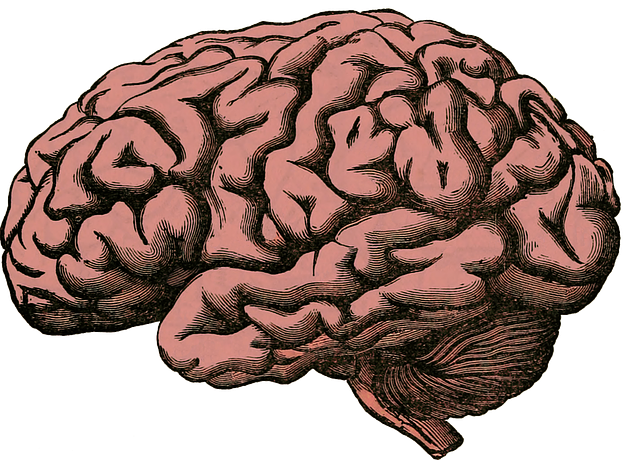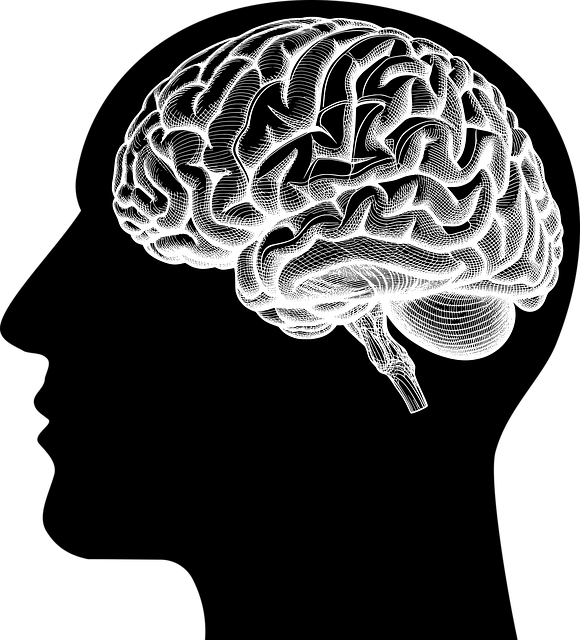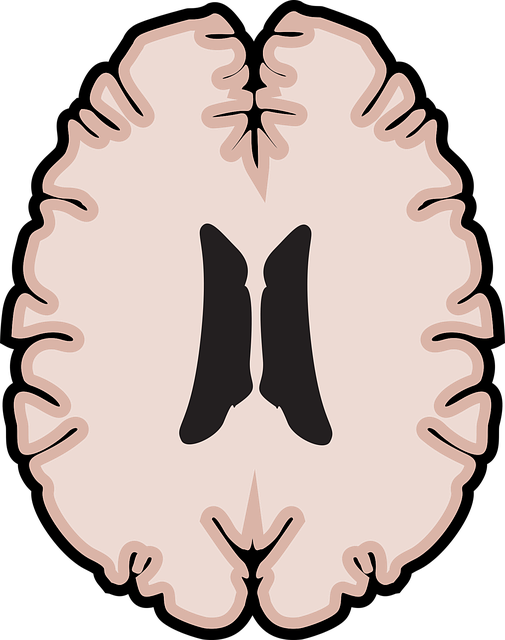Westminster Chronic Illness Therapy offers specialized support for individuals dealing with loss, grief, and bereavement, integrating self-care practices and resilience-building techniques. Their tailored approach combines evidence-based methods with mindfulness principles to help clients process emotions, adjust to life changes, and develop healthy coping mechanisms. Through personalized sessions, creative outlets like podcast production, and mental wellness coaching, participants cultivate inner strength and find solace during their bereavement journey.
Loss, grief, and bereavement are universal experiences that can profoundly impact an individual’s well-being. This comprehensive guide delves into these complex emotions, offering a nuanced understanding of the healing process. We explore the critical role counseling plays in helping individuals navigate the challenges that follow loss. Westminster Chronic Illness Therapy provides a unique approach, specifically tailored to support grievers, fostering healing and personal growth. Discover effective strategies and gain insights into managing bereavement, empowering you on the path to recovery.
- Understanding Loss, Grief, and Bereavement: A Comprehensive Overview
- The Role of Counseling in Navigating Difficulties After Loss
- Westminster Chronic Illness Therapy: An Approach to Support Grieving Individuals
- Effective Strategies for Healing and Growth Following Bereavement
Understanding Loss, Grief, and Bereavement: A Comprehensive Overview

Loss, grief, and bereavement are complex emotional processes that everyone experiences at some point in their lives. Understanding these concepts is crucial for individuals seeking support during difficult times. Loss refers to the absence or departure of someone or something significant, whether it’s a loved one, a relationship, or even a job. It can be sudden and unexpected, as in cases of accidental death or chronic illness, or gradual, like retirement or moving away.
Grief is the emotional response to loss, characterized by deep sadness, anger, confusion, and other intense feelings. Bereavement, on the other hand, refers to the period after a significant loss when individuals process their emotions and adjust to life without what or who they’ve lost. At Westminster Chronic Illness Therapy, we offer crisis intervention guidance, resilience-building strategies, and self-care practices tailored to help individuals navigate these challenging phases. Our goal is to support those in mourning, helping them find healthy ways to cope with their loss and rebuild their lives.
The Role of Counseling in Navigating Difficulties After Loss

After a significant loss, counseling plays a pivotal role in helping individuals navigate their emotional journey and regain a sense of stability. It’s not just about processing sadness; it involves unraveling a complex web of feelings that can be overwhelming. At Westminster Chronic Illness Therapy, we understand that grief is a unique experience for everyone, and our counselors are trained to offer tailored support.
Through counseling sessions, individuals learn effective emotional well-being promotion techniques and empathy building strategies, allowing them to process their loss in a safe space. This process enables clients to develop self-care practices that cater to their specific needs, fostering resilience as they adapt to life after the loss. Counseling provides a supportive environment where one can explore their grief, understand its impact, and gradually find healthy ways to cope with the profound changes in their lives.
Westminster Chronic Illness Therapy: An Approach to Support Grieving Individuals

Westminster Chronic Illness Therapy offers a unique and compassionate approach to supporting individuals through loss, grief, and bereavement. Recognizing that chronic illness and grief are deeply intertwined, this therapy focuses on integrating self-care practices and resilience building. By combining evidence-based techniques with mindfulness principles, Westminster aims to help clients navigate their emotions effectively. The program encourages individuals to explore healthy coping mechanisms, fostering a sense of inner strength and peace amidst challenging circumstances.
Through personalized sessions, clients are guided to understand and process their grief while cultivating mind over matter strategies. This holistic approach ensures that participants not only manage their emotional pain but also develop long-lasting resilience. Westminster Chronic Illness Therapy serves as a beacon of hope, offering a safe space for those affected by loss to heal, grow, and find solace during their journey of bereavement.
Effective Strategies for Healing and Growth Following Bereavement

Healing from bereavement is a deeply personal journey, but there are effective strategies to support individuals in navigating this challenging period. One powerful approach is Westminster Chronic Illness Therapy, which adapts traditional counseling methods to meet the unique needs of those dealing with loss. This therapeutic process encourages clients to explore and express their emotions freely, fostering an environment where grief can be acknowledged and processed healthily.
Incorporating Mental Wellness Coaching Programs Development techniques allows individuals to gain valuable tools for managing stress and improving mental resilience. Mindfulness meditation, a key component of these programs, teaches individuals to stay present during moments of intense emotion, promoting better coping mechanisms. Additionally, engaging in activities that foster Mental Wellness Podcast Series Production, such as storytelling or creative expression, can provide an outlet for processing grief and connecting with others who have shared similar experiences.
Counseling plays a pivotal role in helping individuals cope with loss, grief, and bereavement. As discussed, understanding these complex emotions is essential for healing. Westminster Chronic Illness Therapy offers a unique approach to support the grieving process, focusing on holistic care. By combining evidence-based strategies with empathy, this therapy enables clients to navigate their emotions, foster resilience, and find meaning in their experiences. Through effective counseling, individuals can transform their grief into a journey of personal growth and healing.














